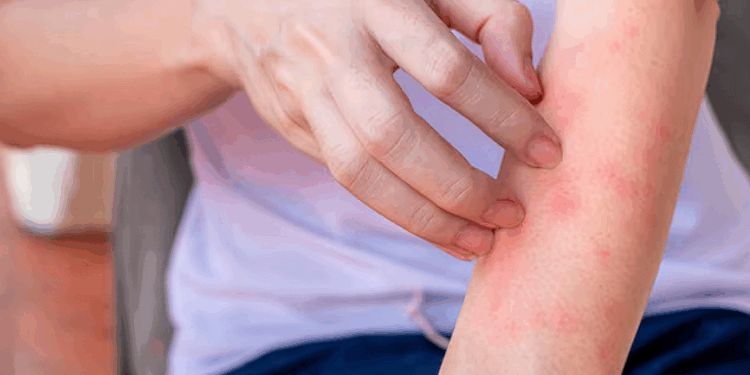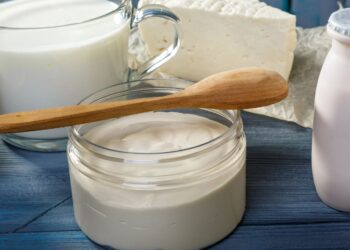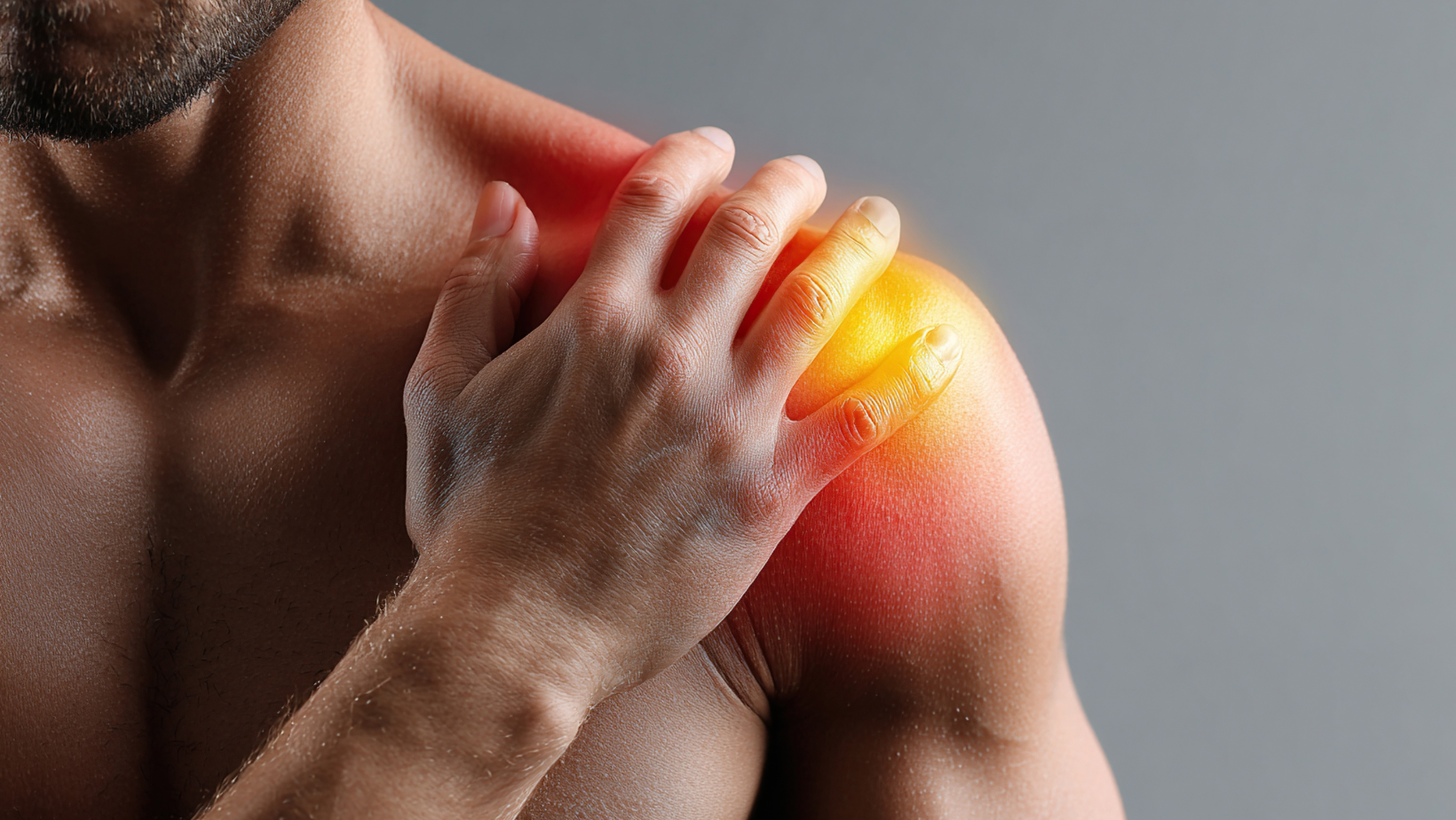Caring for a home is often an unseen responsibility that requires effort, patience, and constant attention. Many housewives dedicate long hours to cleaning, cooking, washing, and ensuring that their families live comfortably. While this dedication is admirable, it can also take a toll on physical health, especially on the skin. One of the most common conditions linked to these daily tasks is housewife eczema, a form of hand eczema caused by frequent exposure to water, soaps, detergents, and cleaning chemicals. This condition is not just about dry or irritated skin; it affects confidence, comfort, and the ability to manage daily chores effectively.
What is Housewife Eczema
Housewife eczema is a type of skin irritation that mostly appears on the hands. Constant washing, handling of cleaning products, or even contact with certain food items can trigger flare-ups. Symptoms often include redness, itchiness, cracks, blisters, and, in severe cases, painful wounds that make simple tasks difficult. While the name may sound specific, the condition is not limited to housewives. Anyone who frequently deals with wet work or harsh substances may develop it, but it has long been associated with homemakers due to their ongoing contact with household tasks.
Causes and Risk Factors
The main trigger for housewife eczema is continuous exposure to irritants. Soaps and detergents that strip away natural oils leave the skin dry and vulnerable. When this happens repeatedly, the protective barrier of the skin weakens, making it easier for inflammation to occur. Other factors, such as frequent use of hot water, allergies, or even stress, can make the condition worse.
Some people may also have a genetic tendency toward eczema, which means that their skin is naturally more sensitive. In these cases, the condition develops faster and may become more persistent without proper care. Lifestyle factors such as lack of moisturization or skipping protective gloves while cleaning can also increase the chances of flare-ups.
The Daily Struggles with Housewife Eczema
For those living with housewife eczema, the condition goes beyond physical discomfort. The hands are used constantly throughout the day, whether for washing dishes, cooking meals, or caring for children. When the skin is inflamed or cracked, every touch can feel painful. Even simple tasks like buttoning a shirt, holding a pen, or preparing food can become difficult.
This constant irritation often affects confidence as well. Red, flaky, or swollen hands may make someone feel self-conscious, leading them to hide their condition in social settings. The emotional burden of managing the household while struggling with a visible and painful skin issue can be overwhelming, especially when rest is limited and daily tasks cannot be avoided.
Managing and Caring for Eczema-Prone Hands
Although housewife eczema can be persistent, there are steps that can reduce its severity. One of the most important practices is protecting the skin’s natural barrier. Using mild cleansers instead of harsh soaps, wearing gloves while cleaning, and applying moisturizer regularly can help minimize damage. Hydration plays a key role since dry skin tends to flare up faster.
Moisturizing after every wash, even with a simple, fragrance-free cream, can make a significant difference. In more severe cases, dermatologists may prescribe medicated creams to control inflammation and speed up healing. The key lies in consistent care and avoiding triggers whenever possible.
The Role of Awareness and Education
Many people ignore early signs of housewife eczema, dismissing redness or dryness as minor issues. However, without proper care, the condition can worsen and lead to long-term discomfort. Awareness is crucial because it encourages individuals to take preventive steps before the problem becomes severe.
Educational resources also play an important role. Articles and health guides help housewives and homemakers understand why they are at risk and what they can do to protect themselves. By learning about the condition, they can make small but effective changes in their routines, such as switching to skin-friendly products or using protective gear during chores.
Balancing Household Duties with Self-Care
One of the challenges faced by housewives is the idea that household responsibilities come before personal needs. Many often ignore discomfort, choosing to continue working even when their skin is sore. However, neglecting personal health only makes the problem worse over time.
Finding a balance between household care and self-care is important. Taking short breaks, moisturizing frequently, and seeking medical advice when needed are not luxuries—they are necessary steps to maintain overall well-being. When the hands are in good condition, daily tasks become easier, and the person feels more comfortable and confident.
Housewife Eczema and Its Emotional Impact
Beyond physical pain, housewife eczema carries emotional challenges. Constant itching, burning sensations, and visible symptoms can cause frustration and stress. Over time, this stress may affect sleep, mood, and overall mental health. Some may even feel embarrassed when meeting friends or relatives, worried about being judged for the condition of their hands.
Support from family members can make a big difference. When loved ones understand the struggles of housewife eczema, they can share household duties, reduce stress, and provide encouragement. This shared responsibility not only helps manage the condition but also strengthens family bonds.

Treatment and Professional Help
While home remedies and preventive steps are useful, professional help is sometimes necessary. Dermatologists can diagnose the severity of the eczema and recommend treatment that suits the individual’s skin type. Prescription creams, light therapy, or allergy tests may be part of the care plan. Consulting a doctor ensures that the problem is addressed correctly and reduces the risk of long-term complications.
It is also important to note that there is no one-size-fits-all solution. Each person’s triggers and skin responses are different, which is why personalized treatment is essential. By working with professionals, those affected by housewife eczema can find better ways to manage their condition and improve their quality of life.
Housewife Eczema in Modern Times
Although the term housewife eczema has been around for many years, the condition is still very relevant today. With the rise of modern cleaning products and longer working hours at home, the risk of skin irritation continues to exist. Even with technology and convenience, the daily demands of maintaining a home still expose many people to irritants that harm the skin.
Fortunately, awareness about skin health is growing. Companies are producing milder cleaning products, and more people are becoming mindful of protective measures. At the same time, digital platforms provide resources and support for those seeking advice on managing housewife eczema.
Conclusion
Housewife eczema is more than just a skin problem—it is a condition that affects daily life, comfort, and confidence. From constant exposure to cleaning products to the emotional stress it brings, the impact is significant. However, with proper care, awareness, and professional guidance, it can be managed effectively.
Protecting the hands, choosing skin-friendly habits, and balancing self-care with household duties are essential steps in reducing the struggles linked to housewife eczema. By recognizing the importance of personal health, homemakers can continue caring for their families while also caring for themselves. The condition may be common, but with knowledge and the right approach, it does not have to control everyday life.














Discussion about this post